New workplace legislation, whether at the federal, state, or local level, are unavoidable with the start of a new year. As a result, January is an ideal time for HR professionals to evaluate and update their employee handbook.
Given the web of frequently contradicting rules, staying on top of the growing regulatory environment remains one of the largest difficulties, especially for businesses with several sites, according to Mark Keenan, an attorney with Barnes & Thornburg in Atlanta. According to him, companies should consider appointing a compliance lead from the HR or legal departments.
Dealing with various state and local requirements, according to Franklin Wolf of Fisher Phillips in Chicago, can be tough. But, he continued, it’s critical to avoid—and defend against—potential allegations.
Employers have the option of adopting policies and practices that are compliant with the most restrictive location. For multistate enterprises, this can be a safer and more administratively simple method, according to Wolf. However, in some circumstances, developing jurisdiction-specific regulations and practices may be more cost-effective.
Although there are numerous legislative changes that may affect a certain location, the following are some of the most important issues for 2020.
Employers are given more flexibility by the Labor Board.
In recent years, the Republican-controlled National Labor Relations Board (NLRB) has issued employer-friendly decisions. “2020 is an excellent moment to revisit employee handbook regulations that were previously bound by NLRB decisions,” Frederick Miner, an attorney with Littler in Phoenix, said.
The board’s recent rulings, he added, provide significant flexibility in a number of key areas, including regulations barring workplace recordings and requiring workplace investigations to be kept confidential. Employers are not required to enable employees to utilize company computer resources for union solicitation, according to the board.
“Most importantly, the board now considers civility guidelines to be absolutely legal under federal labor law,” Miner said.
Melanie Pate, an attorney at Lewis Roca Rothgerber Christie in Phoenix, emphasized that the NLRB set a new standard for balancing employee rights versus management rights. Employees are allowed to discuss their wages and perks, but they are not allowed to threaten violence or use language that creates a hostile workplace.
As a result, companies may want to consider implementing policies prohibiting verbal abuse and profanity.
Efforts to Prevent Harassment
Wolf predicted that legislation reflecting the #MeToo movement would continue to alter the legal environment. Starting in 2020, Illinois employers must include specific examples of conduct that may constitute harassment in their anti-harassment policies, as well as state-compliant definitions of harassment and contact information for administrative agencies that investigate and enforce anti-discrimination laws.
Anti-harassment laws and training requirements in California, New York, and other states and towns are also being updated. “Employers must ensure that they have effective training and prevention programs in place,” Pate said, adding that all employee handbooks should include equal employment opportunity and sexual harassment prevention policies so that employees are fully aware of the company’s complaint and investigation procedures.
Marijuana Use Protection
States are continuing to legalize marijuana for medical and recreational purposes. These rules prohibit workers from being inebriated while on the job, but some may limit employers’ disciplinary options and provide employment protection for off-duty behavior.
Employers should be aware that their capacity to penalize an employee who is under the influence of marijuana has been harmed, according to Wolf. In Illinois, for example, an employee who is found to be under the influence of marijuana must be given a reasonable opportunity to reply to any disciplinary action that follows.
Both Nevada and New York City have approved legislation preventing employers from evaluating a pre-employment marijuana test result, with exceptions for safety-sensitive positions and jobs governed by federal drug-testing programs.
Focused on Families
“As the economy grows, family-friendly policies will become more prevalent,” Pate added. For example, the federal Fair Labor Standards Act allows working moms to take as many breaks as they like to express milk for the first year after their kid is born. All employers with 50 or more employees are subject to this rule. If the federal mandate would cause an undue hardship, businesses with less than 50 employees are exempt. Some states and towns have stricter restrictions that apply to small businesses.
In addition, in the last year, a number of states and localities have enacted paid leave legislation. Sick leave, family leave, and domestic violence leave may all be covered by these regulations.
Requirements for Predictable Scheduling
“We’re also seeing state and municipal governments legislating in areas that were previously deemed management prerogatives,” Keenan said. Predictable scheduling regulations have been implemented in Oregon, as well as a number of municipal authorities, including Chicago, New York City, Philadelphia, and Seattle. Although the provisions of these regulations vary, he added that the majority of them require advance notice of schedule modifications and notice of anticipated work schedules at the time of hire, as well as stringent payroll and scheduling paperwork requirements.
Privacy laws that are more stringent
“Employers must be aware of the growing risks connected with data breaches, [Health Insurance Portability and Accountability Act] regulations, and other issues not generally considered in the context of employment, and ensure they have suitable policies,” says the report.
Certain California organizations will need to be aware of the California Customer Privacy Act’s requirements for 2020, which mandates that covered firms implement policies and processes to secure consumer and employee data.
Discrimination in hairstyles is prohibited.
Hairstyle is increasingly being included to the list of protected characteristics under anti-discrimination laws in more jurisdictions. SB 188 expanded the definition of “race or ethnicity” to include traits historically associated with race, such as hair texture and protective hairstyles like braids, locks, and twists, which went into effect on Jan. 1.
Employers should check company handbooks for any wording about clothing requirements, employee looks, or haircuts to make sure they aren’t in violation of the new law, according to Mark Payne, an attorney at Troutman Sanders in Orange County, Calif. “Even seemingly innocuous language like needing an employee’s hairdo to be neat or attractive could be viewed as tacitly discriminating against protected hairstyles,” he warned.
Hairstyle discrimination was also outlawed in New York and New Jersey in 2019.






